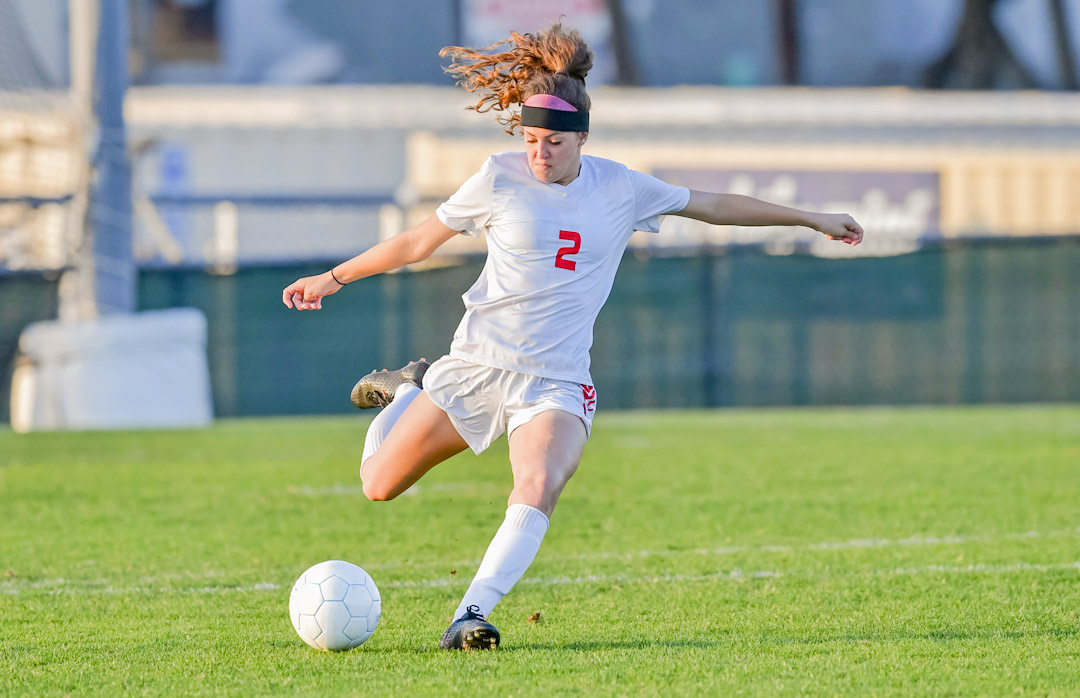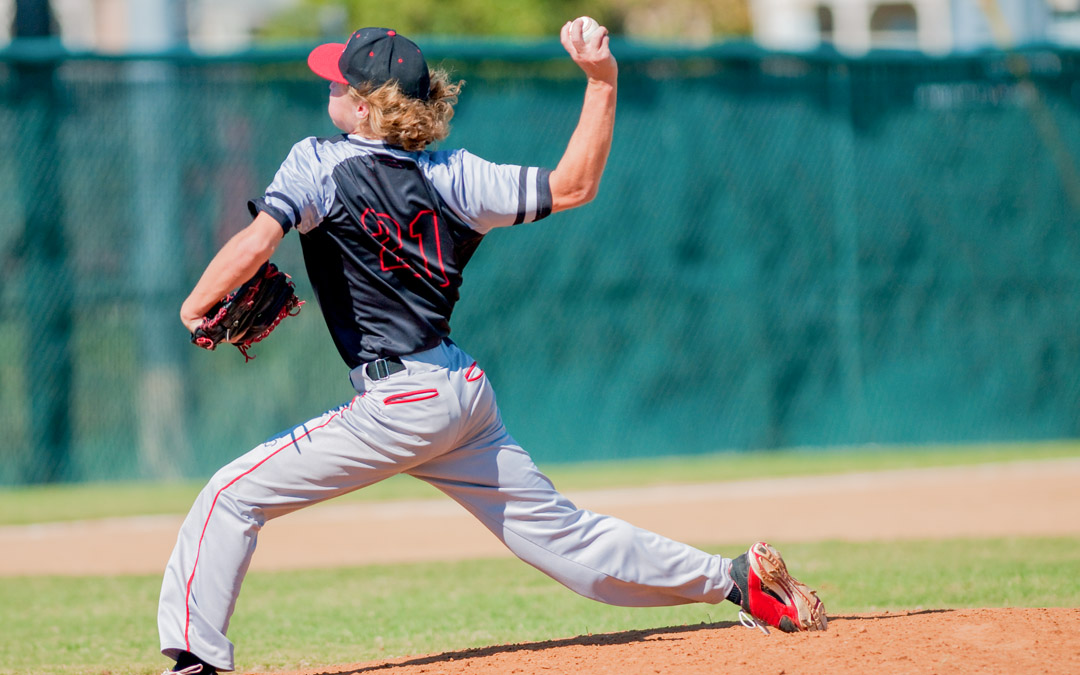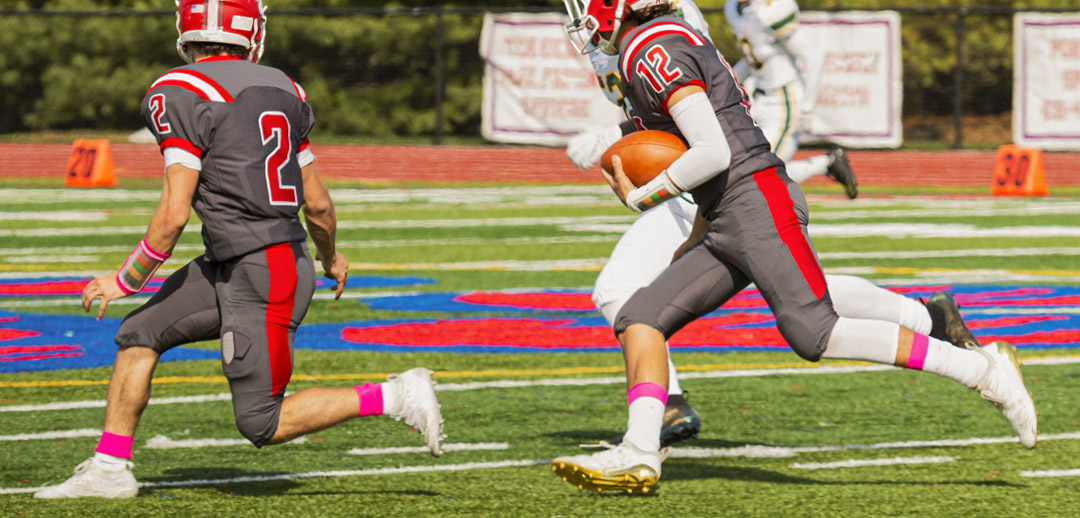Sports Medicine and Orthopedic Services

If joint or muscle pain is keeping you out of the game or unable to do activities you enjoy, it may be time to see an orthopedic specialist. Our orthopedic team specializes in sports medicine, providing a range of services to help you get back in action, whether you've recently experienced a sports-related injury, or have been dealing with wear and tear. We take a patient-centered approach, integrating care for people who are experiencing musculoskeletal pain and/or disability. We treat a wide range of conditions including sprains, strains, broken bones, ACL and rotator cuff tears, tennis elbow, arthritis and many causes of back, joint and muscle pain. Our team wants to help you get back to doing the things you love.
Our sports medicine services include:
- Treatment for acute and overuse injuries
- Arthoscopic surgery
- Isokinetic testing
- Pre- and post-surgical conditioning
- Sport specific rehabilitation
- Athletic enhancement training

Knee Pain Treatment
Common sports-related injuries to the knee occur from twists, hard impacts, hyperextension or simple wear and tear. Without proper treatment a knee injury could turn into a chronic problem, causing you to become more and more unstable and increasing your risk of falling. Your knee may not bend like it's supposed to, which can cause more damage and lead to early osteoarthritis. Our doctors can help pinpoint the cause of your pain and get you on the road to recovery. Here's a look at common knee issues we treat:
- Knee Bursitis - Knee bursitis can be caused by a sharp blow, repeated kneeling on hard surfaces or over use. Typical symptoms include swelling and pain around the knee when you touch it or apply pressure. It may hurt even when you're resting. Bursitis occurs when the small, fluid-filled sacs that cushion the bones, tendons and muscles around a joint become inflamed.
- Torn Meniscus - Commonly occurs after forceful twists or rotations of the knee. The meniscus is cartilage which acts as a cushion between the thighbone and shinbone. A torn meniscus is typically painful, and may result in swelling and stiffness. It may feel like the knee joint is blocked and can't be fully extended.
Ligament Injuries
- Torn ACL - Often occurs in athletes who play sports requiring sudden changes in direction, such as football, soccer, basketball or hockey. The anterior cruciate ligament (ACL) is one of four ligaments connecting the shinbone to the thighbone. When this ligament, located in the middle of the knee, is torn or sprained, you may experience swelling, decreased range of motion and the inability to put weight on the joint without pain. Typically, there's a popping sound when the ACL tears.
- Torn PCL - Though less common than an ACL injury, posterior cruciate ligament (PCL) injuries produce similar symptoms. Located in the middle of the knee, but behind the ACL, the PCL is crucial for stability. A torn PCL is commonly the result of being hit just below the knee, or from falling on a bent knee.
- Torn MCL - Pain from a torn medial collateral ligament (MCL) will mostly be felt when the inside of the knee is stretched. Most MCL injuries occur when someone attempts to change direction and twists the knee at a fast speed, or jumps and lands in a way that twists the knee forcefully. .
Knee Repair Surgeries
Our surgeons use minimally invasive surgical procedures such as the arthroscopic approach on many knee repairs. This allows the doctors to see inside the knee with a camera inserted through a small incision. In many cases patients can go home the same day as the surgery and begin rehabilitation soon after. Whether you're an athlete looking to get back in the game or someone who just wants to walk, swim or cycle with less pain, we can assess your injury and suggest treatment options.

Hip Pain Treatment
Most sports-related hip injuries tend to be caused by chronic overuse of the joint and associated muscles rather than an impact, twist or traumatic injury. Hip pain could also be a symptom that is caused by issues with your back, knees or feet. It's important to see a doctor if your hip pain doesn't go away on its own.
Many athletes suffer from hip bursitis, an inflammation of the fluid-filled sacs between tendons, muscles and bones that is meant to reduce friction between these moving parts. Trochanteric bursitis can cause chronic pain in outer areas of the hip down to the knee. Pain with trochanteric bursitis is usually felt when standing, walking or running.
Another common cause of hip pain in athletes comes from sprains, which is a stretching or tear to a ligament, or a strain, which is a stretch or tear to a muscle. Pain along with clicking or "snapping" sound in the groin or front of the hip could be a sign of iliopsoas tendinitis, also called hip flexor tendinitis. Bending, especially against resistance typically increases the pain level for those suffering from this tendon irritation.
Request an AppointmentMany hip issues can be treated by taking a break from strenuous exercise or the activities that caused your pain, physical therapy, ice or anti-inflammatories. Your doctor can help create a treatment plan that's right for you.
Common Hip Issues we treat:
- Hip (Trochanteric) Bursitis - Caused when the small, fluid-filled sacs that cushion the bones, tendons and muscles around a joint become inflamed.
- Muscle Strains - Groin and hamstring pulls are common injuries in sports that involve running or force.
- Iliopsoas Tendinitis - Pain and clicking or snapping in the groin area or front of the hip.
- Hip Pointer - Often the result of impact that causes a bruise to the top or front of the hip bone.
- Hip Labral Tear - Typically caused by repetitive use or an impact that damages the cartilage along the outside of your hip socket.
- IT Band Syndrome - Often occurring in runners, pain can be felt from the outside of your hip down to the knee.

Shoulder Pain Treatment
The shoulder joint is the most mobile joint in the body. Activities like tennis, baseball, swimming, golf, or manual labor that requires some repetitive motions often require extended use of the shoulder joint. If the joint is overused, damage in ligaments, tendons or muscles may result. Clicking or popping in your shoulder when rotating the joint or reaching up is a sign there could be cartilage damage, which could include a rotator cuff injury. Here are some common shoulder issues we treat:
- Bursitis - Caused when the small, fluid-filled sacs that cushion the bones, tendons and muscles around a joint become inflamed.
- Tendinitis - Inflammation of a tendon, typically from overuse.
- Rotator Cuff Tear - Damage in one of the muscles that stabilize your shoulder.
- Pinched nerves in the neck - Sometimes presenting as pins and needles or even sharp pain in the shoulder.
- Frozen shoulder - Pain and stiffness that limits your range of motion, often when your shoulder is held in one position for long periods of time.
- Dislocated shoulder - When the arm bone comes out of the socket of the shoulder blade.
- Shoulder Separation - Injury to a ligament between the collarbone and shoulder blade
Advanced Shoulder Issues
Shoulder pain can become more common as you age, especially for adults over 60. Sometimes, pain is caused by natural degeneration of the bone, muscle, ligament or tendons surrounding the shoulder. Depending on the severity of damage to bones in the shoulder, a joint replacement surgery could be an option. An acromioclavicular (AC) joint injury is a type of shoulder separation, where the ligaments connecting the collarbone to the shoulder blade are damaged. Pain in the AC joint is commonly caused by arthritis, factures or separations. If more conventional treatments like rest, ice and medication don't alleviate your pain then a doctor's examination is recommended. A surgeon may perform a non-invasive surgery such as an arthroscopy or a mini-open surgery to examine the joint and possibly clean up damaged cartilage.

Elbow Pain Treatment
Elbow pain and stiffness can make simple tasks like eating, bathing or typing very difficult. While elbow problems become more common as we age, they can result from an injury that may require special treatment. Rest, ice therapy and over-the-counter pain medications often help relieve elbow pain. If conservative treatments don't help, you may want to see a doctor if:
- You experience pain when not using your arm
- Pain, redness or swelling in the elbow gets worse
- You've lost range of motion in your elbow
- Everyday activities like brushing your teeth or lifting a cup or turning a doorknob cause pain
What Causes Elbow Pain?
Elbow pain is typically caused by an impact such as a fall, or when tendons in the joint are twisted and injured. Many athletes and people with jobs that require certain repetitive motions of the wrist and arm, like painters, plumbers or cooks, develop a painful condition commonly called tennis elbow. Pain from tendons in the elbow can spread to the forearm muscles and wrist. Some people may suffer from nerve pain or tingling in their forearm and/or fingers caused by trapped or damaged nerves in the elbow.
If conservative treatments don't help, you may want to see an orthopedic specialist if the pain doesn't go away within a few days. Elbow conditions we treat:
- Fractures
- Dislocation
- Tendinitis
- Tennis elbow (irritation on the outer side of the arm)
- Golfer's elbow (irritation on the inner side of the arm)
- Bursitis
The good news is our orthopedic team can quickly determine the cause of most elbow pain and develop an individualized recovery plan to get you feeling better. The sooner you meet with a doctor the sooner you'll begin to recover.

Hand and Wrist Pain Treatment
When to See a Doctor About Hand or Wrist Pain
Hand and wrist pain can make it difficult to accomplish seemingly simple tasks, like eating or bathing. Also, it can keep you off the playing field. Whether you're suffering from an injury or arthritis, the team at Grandview Medical Center can help identify and treat the problem.
There are many issues that can cause pain in the wrist and hand. These include:
- Arthritis
- Fractures
- Dislocation
- Sprains (injuries to joints)
- Strains (pulled muscles)
- Tendon injuries
- Carpal Tunnel Syndrome
- Vascular conditions
Our orthopedic specialists can prescribe a treatment that will help alleviate pain and regain function so you can get back to doing the things you like.
Request an Appointment
Foot & Ankle Pain Treatment
When to See a Doctor About Foot or Ankle Pain
If you're suffering from foot or ankle pain, our orthopedic specialists can recommend treatments to help you find relief. If left untreated, foot and ankle injuries can become worse, and even lead to other problems with your knees, hips or back. If you're having trouble walking, or putting weight on your foot or ankle, it may be time to come see us. We can help treat many common foot and ankle conditions, including:
- Ankle instability
- Sprains and strains
- Cartilage injury
- Heel pain
- Flat feet
- Plantar fasciitis
- Shin splints
- Fractures
- Tendinitis
Patient results may vary. Consult your physician about the benefits and risks of any surgical procedure or treatment.